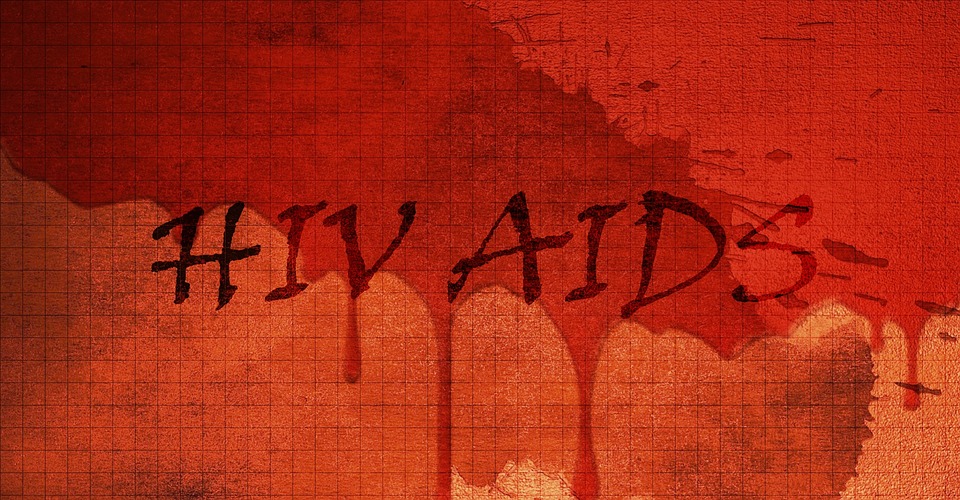
NEW YORK — From gritty neighbourhoods in New York and Los Angeles to clinics in Kenya and Brazil, health workers are trying to popularize a pill that has proven highly effective in preventing HIV but which — in their view — remains woefully underused.
Marketed in the United States as Truvada, and sometimes available abroad in generic versions, the pill has been shown to reduce the risk of getting HIV from sex by more than 90 per cent if taken daily. Yet worldwide, only about a dozen countries have aggressive, government-backed programs to promote the pill. In the U.S., there are problems related to Truvada’s high cost, lingering skepticism among some doctors and low usage rates among black gays and bisexuals who have the highest rates of HIV infection.
“Truvada works,” said James Krellenstein, a New York-based activist. “We have to start thinking of it not as a luxury but as an essential public health component of this nation’s response to HIV.”
A few large U.S. cities are promoting Truvada, often with sexually charged ads. In New York, “Bare It All” was among the slogans urging gay men to consult their doctors. The Los Angeles LGBT Center — using what it called “raw, real language” — launched a campaign to increase use among young Latino and black gay men and transgender women.
“We’ve got the tools to not only end the fear of HIV, but to end it as an epidemic,” said the centre’s chief of staff, Darrel Cummings. “Those at risk have to know about the tools, though, and they need honest information about them.”
In New York, roughly 30 per cent of gay and bisexual men are using Truvada now, up dramatically from a few years ago, according to Dr. Demetre Daskalakis, a deputy commissioner of the city’s health department.
However, Daskalakis said use among young black and Hispanic men — who account for a majority of new HIV diagnoses — lags behind. To address that, the city is making Truvada readily available in some clinics in or near heavily black and Hispanic neighbourhoods.
“We like to go to the root of the problem,” said Daskalakis, who personally posed for the “Bare It All” campaign.
According to the U.S. Centers for Disease Control and Prevention , Truvada would be appropriate for about 1.2 million people in the U.S. — including sex workers and roughly 25 per cent of gay men. Gilead Scientific, Truvada’s California-based manufacturer, says there are only about 145,000 active prescriptions for HIV prevention use.
Under federal guidelines, prime candidates for preventive use of Truvada include some gay and bisexual men with multiple sexual partners, and anyone who does not have HIV but has an ongoing sexual relationship with someone who has the virus.
Abroad, a few government health agencies — including those in France, Norway, Belgium, Kenya, South Africa, Brazil and some Canadian provinces— have launched major efforts to promote preventive use of Truvada or generic alternatives, providing it for free or a nominal charge. In Britain, health officials in Scotland and England recently took steps to provide the medication directly through government-funded programs, though in England it’s in the form of a trial limited to 10,000 people.
Truvada was launched in 2004, initially used in combination with other drugs as the basic treatment for people who have HIV, the virus that causes AIDS. It is primarily spread through sex.
Controversy arose in 2012 when the U.S. Food and Drug Administration approved Truvada to reduce the risk of getting HIV in the first place, for what’s called pre-exposure prophylaxis, or PrEP. It blocks the virus from making copies and taking hold. Critics warned that many gay men wouldn’t heed Truvada’s once-a-day schedule and complained of its high cost — roughly $1,500 a month.
Gilead offers a payment assistance plan to people without insurance that covers the full cost. Some cities and a few states — including Illinois, Massachusetts and Washington — also help cover costs. Activists have pressed Gilead to make its copay program more generous in light of its profits from Truvada.
“There’s no reason it has to cost so much,” said Krellenstein.
Gilead spokesman Ryan McKeel, in an email, said the company is reviewing the copay program.
“Like those in the advocacy community, we are committed to expanding access to Truvada for PrEP to as many people as possible,” he wrote.
In June, the FDA approved a generic version of Truvada, which is likely to push the price down, but it won’t be available in the U.S. for a few years.
The Truvada debate has taken many twists, as exemplified by the varying stances of the Los Angeles-based AIDS Healthcare Foundation — a leading HIV/AIDS service provider. In 2012, the group unsuccessfully petitioned the FDA to delay or deny approval of Truvada for preventive use.
The foundation’s president, Michael Weinstein, belittled Truvada as “a party drug” and warned it would increase the spread of sexually transmitted infections by encouraging men to engage in sex without condoms.
But last year, the foundation, while still skeptical about some Truvada-related policies, urged Gilead to cut its price to make it more available.
“We have no dispute about its ability to prevent HIV transmission,” said spokesman Ged Kenslea. He noted that the organization’s 40 pharmacies across the U.S. handle many Truvada prescriptions.